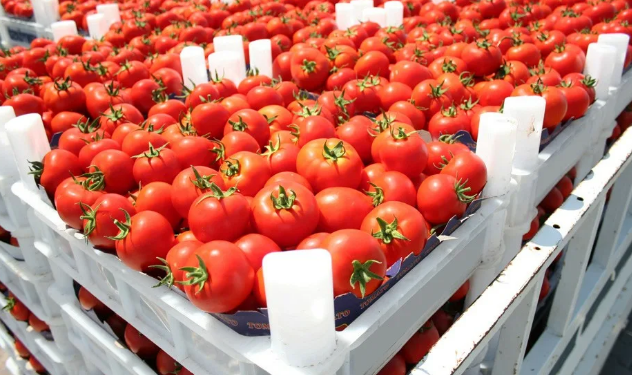#TomatoSuspensionAgreement #FairTradePractices #MexicanTomatoes #USTomatoIndustry #CommerceDepartment #AntidumpingDuties #SuspensionAgreements #Dumping #MarketShare #Enforcement #FloridaTomatoExchange
The Florida Tomato Exchange has submitted a request to terminate the 2019 Tomato Suspension Agreement, citing its failure to prevent the detrimental impact of unfairly traded Mexican tomatoes on the U.S. tomato industry. This article examines the history of suspension agreements, their ineffectiveness in curbing unfair trade practices, and the urgent need to impose antidumping duties on Mexican tomatoes to safeguard the domestic market. The consequences of continuing the agreement and the implications for American tomato growers are also discussed.
Since 1996, multiple suspension agreements have been implemented in an attempt to address the unfair trade practices employed by Mexican tomato exporters. However, none of these agreements have successfully deterred the influx of unfairly traded Mexican tomatoes, leading to significant harm to the U.S. tomato industry. Consequently, the Florida Tomato Exchange has urged the U.S. Department of Commerce to terminate the 2019 Tomato Suspension Agreement.
The inefficacy of suspension agreements in the tomato trade with Mexico is evident. While such agreements may work for products that can be stored until market conditions improve, they fail to prevent circumvention of reference prices when dealing with highly perishable goods like fresh tomatoes. Loopholes in the 2019 Suspension Agreement have hindered its ability to close these gaps, rendering it unenforceable and inadequate in protecting American tomato growers.
The continuous rise of Mexican tomato imports and the decline in market share for U.S. producers further underscore the failure of the current agreement. In 1994, before the implementation of NAFTA, American tomato farmers accounted for approximately 80 percent of the U.S. market, while Mexico supplied around 20 percent. However, the tables have turned drastically over the years, with Mexico now holding nearly 70 percent of the U.S. market share and U.S. producers left with only around 30 percent.
The 2019 Suspension Agreement, which followed an affirmative injury determination by the International Trade Commission in response to Mexico’s dumping practices, has not managed to reverse this detrimental trend. Mexican tomato imports have continued to rise, increasing by a further nine percent since 2019. While average prices for growers initially experienced a boost in the agreement’s first year, they have since declined due to renewed pressure from unfairly traded Mexican imports. Disturbingly, the Commerce Department has documented over 100 instances of non-compliance by Mexican companies, based on only a small sample of exporters.
Consequences of maintaining suspension agreements are severe for the U.S. tomato industry. All five agreements implemented over the past 27 years have failed to halt the dumping of Mexican tomatoes and prevent injury to the domestic industry. The unenforceability and vulnerability to violations of these agreements place American tomato growers at risk of being driven out of business. To safeguard the industry, immediate termination of the 2019 Tomato Suspension Agreement is necessary, accompanied by strict adherence to antidumping law.
The Florida Tomato Exchange, representing major tomato producers across several states, emphasizes the urgent need to terminate the ineffective 2019 Tomato Suspension Agreement. The repeated failures of suspension agreements in curbing unfair trade practices and protecting the U.S. tomato industry cannot be ignored. With the imposition of antidumping duties and the proper enforcement of trade regulations, American tomato growers can regain a competitive edge and secure the future of the domestic market.










